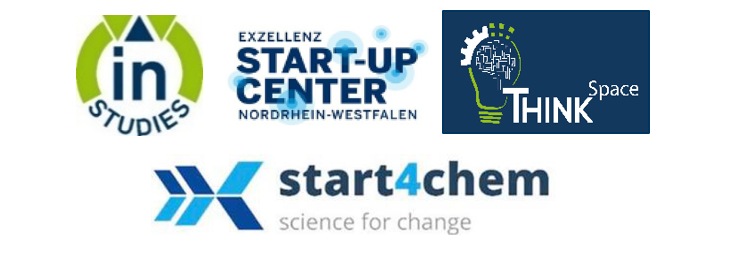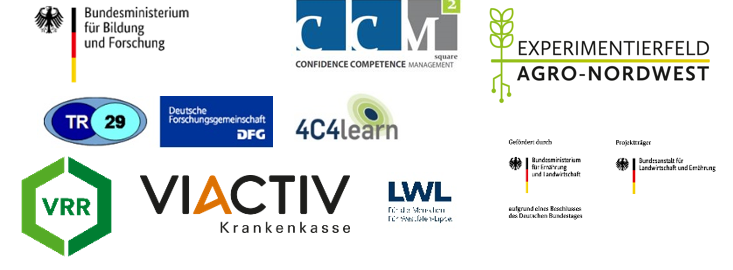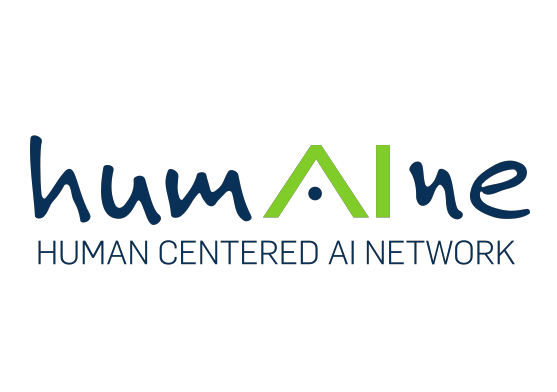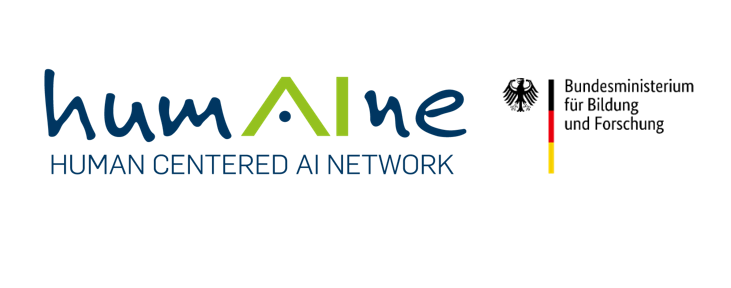The research at the Chair for Work, Human Resources and Leadership relies in new work concepts against the background of digital transformation – how to analyze change and find solutions for collaboration, competence development and leadership from a sociotechnical systems perspective. Our research inventory allows to explore dynamic capabilities of individuals, teams and organizations, their interrelatedness and contribution to exploitation and exploration needs. Our training laboratories are inspired by serious games and allow to experience team-based role development.
Competence development


Simulation labs
We use simulation environments that are inspired by escape games to develop competences in teams. Within these simulation labs teams solve complex tasks that require information processing, creativity, cooperation and self-reflection. Throughout the simulations we record competence levels and analyze their influence on team performance while at the same time fostering the development of competences in different teams such as SCRUM or developer teams.
Competence diagnostics


Field research
We use survey studies to assess competences at the organizational, team and individual level in a standardized way. Our analysis instruments draw on both self-and external assessments also taking into account the context-specifications of the industry or work system under investigation. Our main focus lies on predicting organizational dynamic capabilities, e.g. through the diagnostic of leadership competences or organizational maturity levels.
Human-centered job design


Field and laboratory studies/ R&D partnerships
Methods for human-centered job design are developed and validated for work systems based on artificial intelligence (AI). Typical use cases are from co-operations in medicine and industrial engineering. We gain data from field work and simulation studies with emphasis on technology acceptance, decision making, role development and job process development.